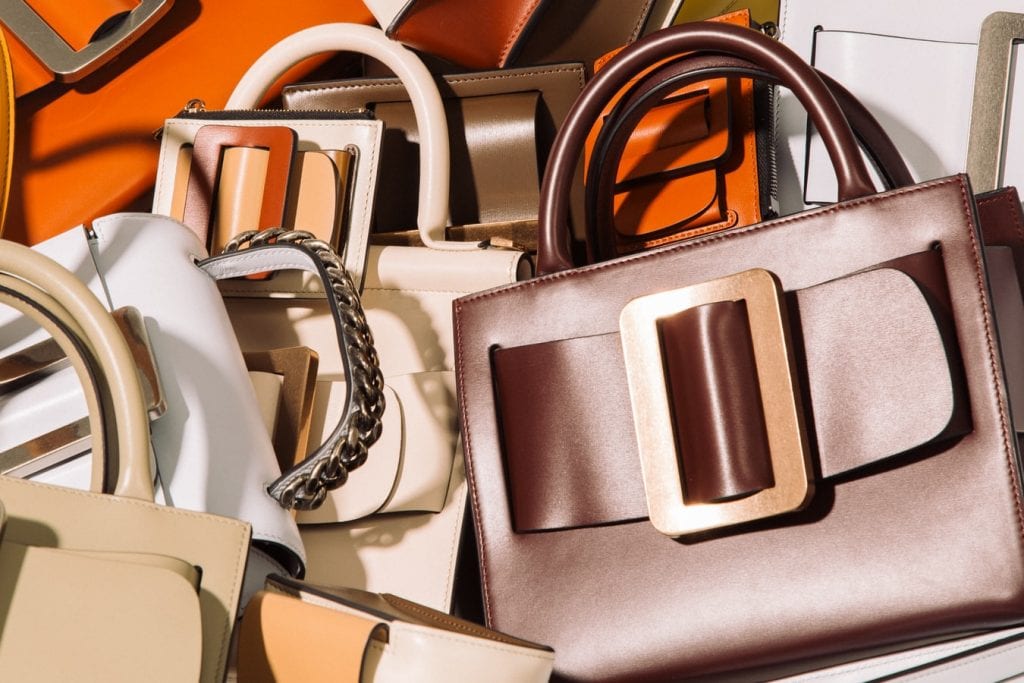Amazon and eBay have a new opponent in a coalition of retail trade groups that are looking to ensure that online marketplaces are held responsible for the counterfeit goods that have saturated their vast e-commerce platforms. Called the Buy Safe America Coalition, the newly-formed alliance consists of a number of existing organizations that have joined to lobby on behalf of their big-name members, which range from high fashion names like Marc Jacobs and Versace’s parent company Capri Holdings to mass market giants like Walmart and Target.
Together, the Retail Leaders Industry Association, the American Apparel & Footwear Association, and the Fashion Jewelry and Accessories Trade Association, among trade groups, will work to back relevant legislation, including bills aimed at addressing counterfeiting on the marketplaces operated by the likes of Amazon and eBay, and increasing transparency when it comes to the third-party sellers on such sites.
Among the primary pushes by the Buy Safe America Coalition is the INFORM Consumers Act, a bill that will “fight the online sale of stolen, counterfeit, and dangerous consumer products by requiring extensive transparency of large-volume third-party sellers in online retail marketplaces,” according to Bill Cassidy and Dick Durbin, the U.S. Senators that introduced the legislation in March.
Specifically, the bill, if passed, would call on online retail marketplaces, such as Amazon, to authenticate the identities of “high-volume third-party sellers” by requiring them to provide valid government IDs and contact information, among other things. Cassidy and Durbin characterize this as “a baseline level of transparency for online marketplaces.” However, they assert that it is something that is not currently observed by the likes of Amazon, which do not explicitly list the identities or contact information of third-party sellers, making it “difficult for consumers to know who [these] third-party sellers are and how to contact them.”
Ongoing lawsuits against Amazon, such as the case that Heather Oberdorf filed against the $1 trillion titan, speak to this, with Oberdorf arguing in her initial complaint that while she purchased the product at issue in the case – an allegedly defective dog leash – from a third-party seller on Amazon, she was unable to identify the seller in order to file a lawsuit against them. In a similar suit, plaintiff Angela Bolger, who was injured by a replacement computer battery that she purchased from a third-party seller on Amazon’s marketplace, filed suit against the seller (and Amazon), only to have the seller fail to respond to the complaint, thereby, resulting in a default.
Chances are, the group will also back bills, such as the Shop Safe Act, a nearly 6-monh of bill that seeks to provide a possible avenue by which brands owners can successfully take action against third-party marketplace platforms that are facilitating “the sale, distribution, or advertising of goods that implicate health and safety” by way of contributory trademark infringement liability causes of action.
The Buy Safe America Coalition initiative comes at a time of reckoning for retail behemoths. As Reuters reported on Friday, Amazon, in particular, “has been under scrutiny from lawmakers and the White House over the sale of counterfeit items.” More broadly, companies like Amazon, eBay, and Shopify were specifically name-checked by Peter Navarro, the Director of the National Trade Council, early this year for serving as “facilitators of Chinese counterfeiters.” He pointed to sites like “Amazon and eBay,” in particular, as financially benefitting from “selling counterfeits … [without] accepting their full responsibility.”
Around the same time, the Department of Homeland Security (“DHS”) released its January 2020 “Combatting Trafficking in Counterfeit and Pirated Goods” report, which paid specific attention to the marked rise of marketplace platforms and the role that these e-commerce giants play in facilitating counterfeit sales in the U.S. The lengthy DHS report followed from Donald Trump’s April 2019 memo calling for “action in the U.S. Government’s fight against a massive form of illicit trade that is inflicting significant harm on American consumers and businesses.”
While the Buy Safe America Coalition has not set out its specific plans aside from pushing for the INFORM Consumers Act, Michael Hanson, senior executive vice president of public affairs for the Retail Leaders Industry Association, told Bloomberg that the group intends to “continue to raise awareness about counterfeit and stolen goods.”











